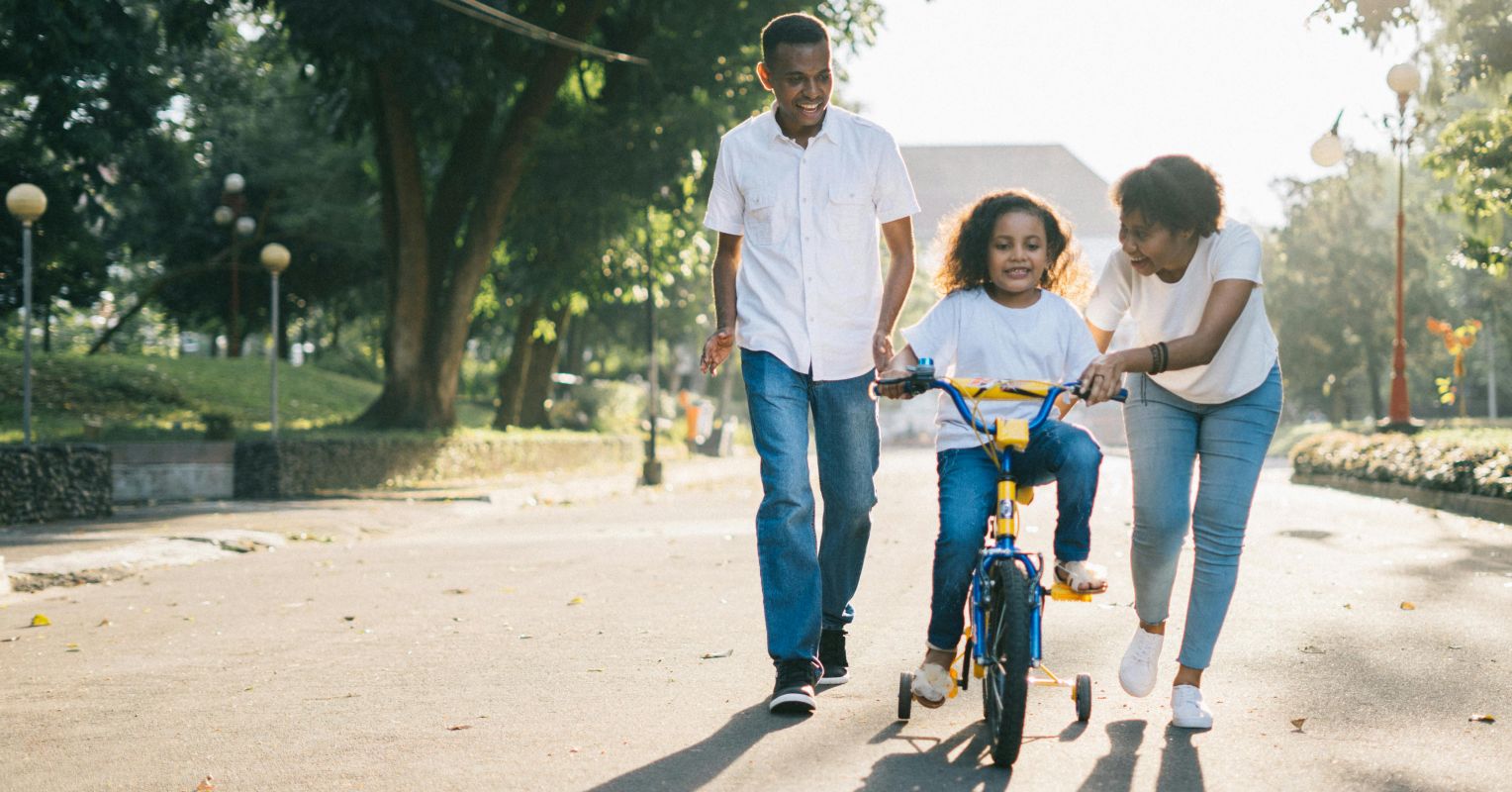
When I learned of the plane crash over the Potomac River last week, I, like everyone else, was horrified.
In addition to feeling great sadness for the passengers and their families, as a single mother and the sole guardian of my two young adult children, my mind immediately went to a terrifying “what if.” What if I had been on that plane with one of my children, leaving the other behind to navigate life alone?
In our small family of three, this thought is more than just a fleeting fear—it has been a driving force in how I parent. For better or worse, it has shaped my deep commitment to instilling self-reliance and independence in my children. I have always believed that should anything happen to me, they need the skills and mindset to survive, adapt, and ultimately build full and meaningful lives. Given who they are today, I think I’ve done a good job fostering these values. The loss of any of us would be heartbreaking and catastrophic for those left behind, but I am confident that they would survive, and, after time, find a way to move forward.
This belief—that preparing my children for life means teaching them to embrace discomfort rather than avoid it—has made me a parent who does not back down. It has meant enforcing rules and allowing them to experience hardship, of course, balanced with love and support. Being a tough parent is never easy, but the alternative motivated me. For example, children who are raised without discomfort, whether it’s that they miss school, spend hours playing video games, or refuse to learn to drive, have more anxiety and fewer life skills.
All parents have good intentions. However, there is a growing trend among some parents today to prioritize shielding their children from discomfort rather than teaching them how to navigate it. I worry about these children. What happens if their parents are no longer there to cushion their experiences? As they grow older and face the realities and stresses of adult life, will they have the resilience to thrive?
Research suggests that some parents adopt lenient parenting styles because they fear making their children uncomfortable. This kind of permissive parenting, which is characterized by low demands and high responsiveness, often stems from a reluctance to enforce rules or boundaries. A study published in Frontiers in Psychology explored the concept of parental experiential avoidance—the tendency of parents to avoid their own discomfort when witnessing their child in distress. The research found that higher levels of this avoidance were associated with increased child anxiety. In other words, when parents refrain from setting limits to prevent their children from feeling discomfort, they may actually be contributing to their child’s long-term struggles with anxiety and self-regulation.
In contrast, The Atlantic discusses the concept of lighthouse parenting, a term coined a decade ago that aligns with authoritative parenting. This approach strikes a balance between guidance and independence, setting firm boundaries while allowing children to face challenges. Research supports that children raised with this balanced approach tend to be more confident, resilient, and better equipped for adulthood.
While the intention behind lenient parenting is often love and protection, evidence suggests that shielding children from struggle can lead to long-term emotional and behavioral challenges. I believe that much of this stems from not developing self-reliance and independence at a young age.
Parenting should not be about eliminating every discomfort but about preparing children to face and overcome life’s inevitable obstacles. A balanced approach, whether called authoritative parenting or lighthouse parenting, fosters emotional strength, responsibility, and resilience—qualities that will serve children far beyond childhood. And in a world where life is unpredictable, that might just be the greatest gift a parent can give.
